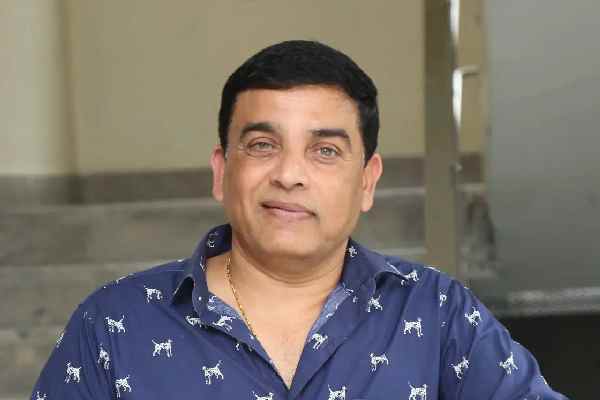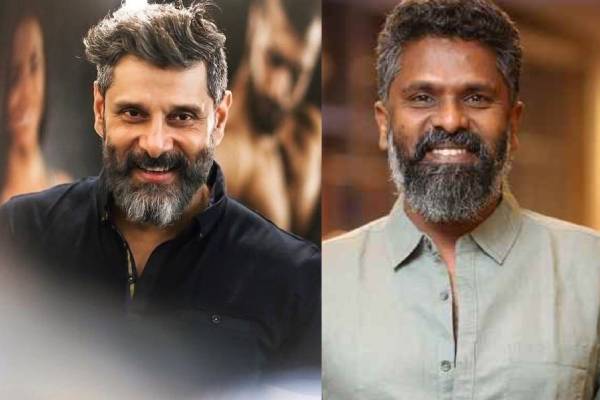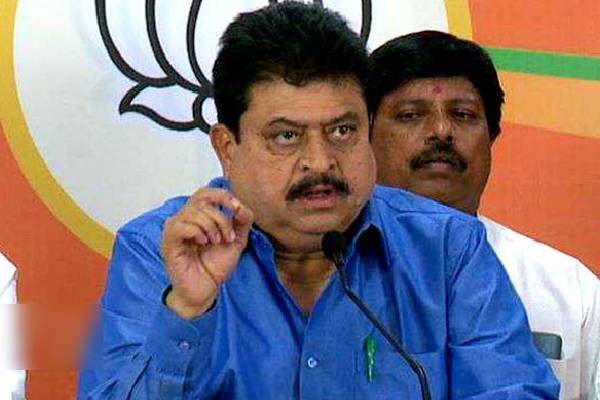Trump
-
H-1B visa issue likely to figure during Modi-Trump meet June 20, 2017
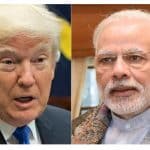
-
Ronald & Donald: From Reaganian history to Trumpian future of planet Earth June 17, 2017

-
India making billions for signing Paris deal: Trump June 2, 2017

-
Trump era: Russia story ‘Gotta Go Now’! May 28, 2017
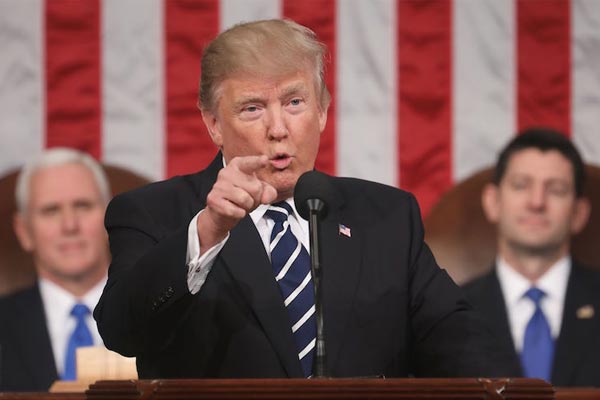
-
Trump era: House of Cards or the Russian roullette? May 21, 2017

-
Trump’s H1-B fallout: Infosys to hire 10,000 US techies May 2, 2017
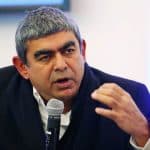
-
A note from Vivek Murthy- Surgeon General sacked by Trump April 24, 2017
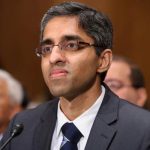
-
Trump to seek changes in visa program to encourage hiring Americans April 18, 2017
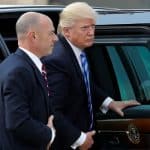
-
H-4 EAD Unlikely To Be Repealed By Donald Trump November 12, 2016




